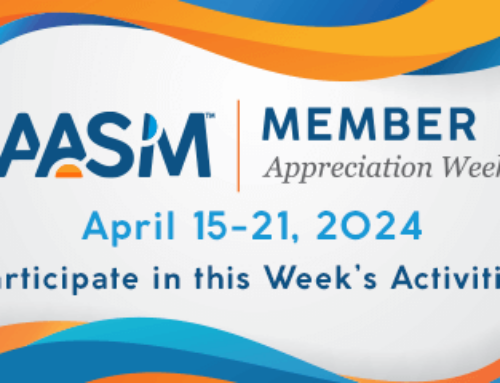The FDA has issued a safety alert warning that serious breathing difficulties may occur in patients with respiratory risk factors who are using gabapentin (Neurontin, Gralise, Horizant) or pregabalin (Lyrica, Lyrica CR). These risk factors include the use of opioid pain medicines and other drugs that depress the central nervous system, and conditions such as chronic obstructive pulmonary disease that reduce lung function. The alert notes that the elderly are also at higher risk.
RLS, Opioid Therapy and Respiratory Depression
Gabapentin and pregabalin are FDA-approved for a variety of conditions, including seizures, nerve pain, and restless legs syndrome (RLS). The American Academy of Sleep Medicine has published practice guidelines for the treatment of RLS.
In November the AASM also issued a position statement on chronic opioid therapy and sleep. It notes that chronic opioid therapy can alter sleep architecture and cause respiratory depression, increasing the risk for sleep-disordered breathing. It also notes that the cautious and judicious use of low-dose opioid therapy is a treatment option for severe, refractory RLS.
FDA Alert
The FDA alert also indicates that the FDA is requiring new warnings about the risk of respiratory depression to be added to the prescribing information of the gabapentinoids. The FDA also has required the drug manufacturers to conduct clinical trials to further evaluate their abuse potential, particularly in combination with opioids, because misuse and abuse of these products together is increasing, and co-use may increase the risk of respiratory depression.
The alert urges patients and caregivers to seek medical attention immediately for symptoms of respiratory problems, which can be life-threatening. These symptoms include:
- Confusion or disorientation
- Unusual dizziness or lightheadedness
- Extreme sleepiness or lethargy
- Slowed, shallow, or difficult breathing
- Unresponsiveness, which means a person doesn’t answer or react normally or you can’t wake them up
- Bluish-colored or tinted skin, especially on the lips, fingers, and toes
The alert advises health care professionals to start gabapentinoids at the lowest dose and monitor patients for symptoms of respiratory depression and sedation when co-prescribing gabapentinoids with an opioid or other central nervous system depressant such as a benzodiazepine.
Adverse Event Reporting
Health care professionals and patients are encouraged to report adverse events or side effects related to the use of these products to the FDA’s MedWatch Safety Information and Adverse Event Reporting Program. You can complete the MedWatch Online Voluntary Reporting Form or call 1-800-332-1088 to request a reporting form.
Read more clinical sleep medicine news from the AASM.









